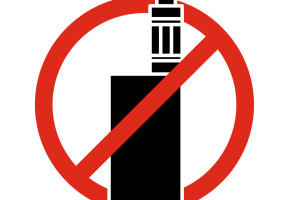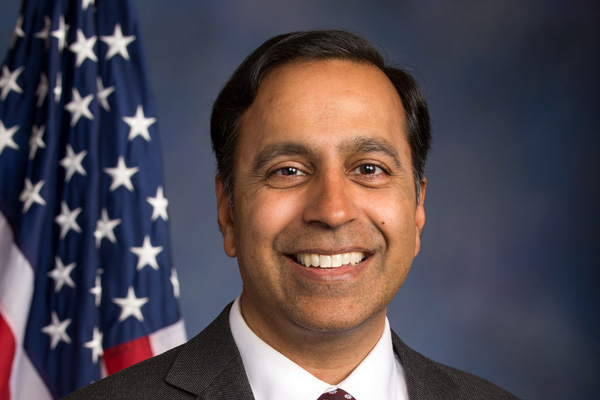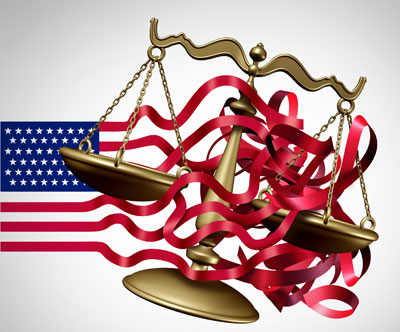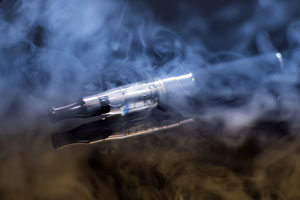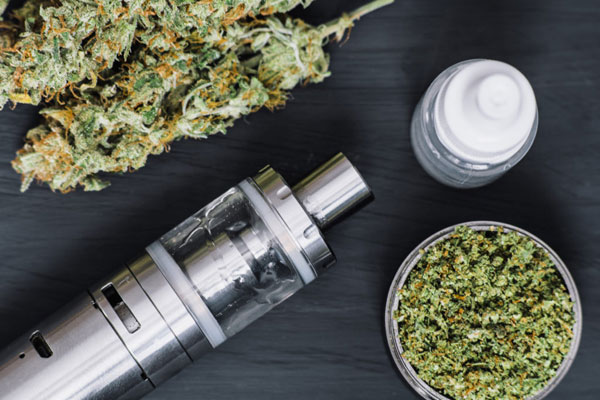The U.S. vapor market will shrink by 13 percent as vapers return to smoking, despite government warnings not to do so, according to ECigIntelligence.
The recent outbreak of lung disease linked to vaping in the United States will sharply slow the growth of the world’s e-cigarette industry over the coming year.
The U.S. will suffer the business consequences most heavily, with the market expected to shrink by 13 percent, according to specialist researchers at ECigIntelligence.
This will largely be the result of “dual users”—individuals who both vape e-cigarettes and smoke tobacco products—reverting to the use of conventional tobacco products alone.
Both the lung outbreak itself, and the bans on vaping products imposed by some U.S. states as a result, are major factors in this change.
“Consumers abandoning vapor and returning to smoking will not only be a blow to the sector, but also threatens to reverse many of the public-health benefits that e-cigarettes have conferred,” said Barnaby Page, editorial director of ECigIntelligence.
“Although it seems increasingly unlikely that legitimate nicotine vapour products are the cause of the problem, and although both the CDC and FDA are advising that vapers who use these products should not return to smoking, the damage in terms of public perceptions may already have been done.”
In 2020 the global vaping market will be valued at $14.4 billion. This means growth of the global market between 2019 and 2020 will be flat—but before the emergence of these issues affecting the industry, ECigIntelligence had forecast 14 percent year-on-year growth.
The consequences of the high-profile events in the U.S. will be felt less acutely in other countries, but both Canada and Britain will be affected, ECigIntelligence predicts.
In both countries, the 2019-2020 growth rate for the e-cigarette market will be roughly halved to 10 percent.
However, other major European markets are not expected to be impacted, ECigIntelligence says.



